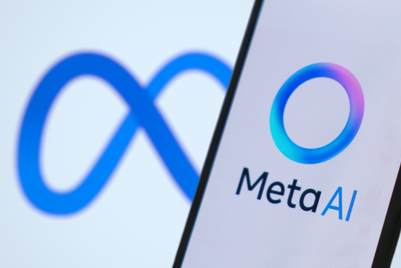
Personal branding, self promotion, job hunting—call it what you will—virtual networking via social-media channels is a modern fixture in business. And as with any other form of advertising, certain themes get fatigued.
LinkedIn recently released its annual list of the most used, or overused, buzzwords that professionals wield while marketing themselves. This is the fourth year the company compiled the list, and hitting the top of the charts in Japan, India, Hong Kong and Singapore was 'responsibility'. Is this an indication of the times?
Since 2011 the leading term around the world was 'creative'. Maybe all the 'dynamic' and 'innovative' individuals in the work force got too creative over the past two years and now companies want staffers with a more responsible mindset? If it becomes necessary to advertise such a baseline quality like responsibility, what does that say about the majority of the market?
 Vivian Wong, founder and managing director of Evie Consulting, has some advice for self-promoters. “Building your professional brand is an important step to achieving success in the workplace. Sounding like everyone else won’t help you stand out from other professionals. Differentiate yourself by describing what you have accomplished in your career with photos, videos and presentations. Concrete examples speak louder than words.” Sounds like good counsel for brands as well.
Vivian Wong, founder and managing director of Evie Consulting, has some advice for self-promoters. “Building your professional brand is an important step to achieving success in the workplace. Sounding like everyone else won’t help you stand out from other professionals. Differentiate yourself by describing what you have accomplished in your career with photos, videos and presentations. Concrete examples speak louder than words.” Sounds like good counsel for brands as well.
Promoting product features often leads to the downward spiral of a price war. And while a good campaign promotes benefits over mere characteristics, a great campaign puts storytelling at its center. Bestselling novelists will tell you its important to 'show not tell' in a book. Let the action weave the tale and draw readers in. Wong essentially gives the same recommendation to networkers, and it’s just as applicable to marketing in general.
Other words that figured prominently in Asia’s Linkedin profiles were 'strategic', 'effective', 'creative' and 'expert'. Clearly everyone can’t be an expert but nearly everyone makes the claim. So if you were a recruiter, you’d have to disregard that assertion and look for those individuals that can actually demonstrate expertise. Those would be the folks you’d want to hire or the brands you’d want to buy. Your customers (as general consumers or other businesses) have to do the same. If your brand communication is heavy on claims and light on substantiation, you are not the responsible 'expert' you contend to be.
 Jason Wincuinas (WIN-soon-us) is the managing editor of Campaign Asia-Pacific
Jason Wincuinas (WIN-soon-us) is the managing editor of Campaign Asia-Pacific



.jpg&h=334&w=500&q=100&v=20250320&c=1)





+(900+x+600+px)+(3).png&h=334&w=500&q=100&v=20250320&c=1)
.jpg&h=334&w=500&q=100&v=20250320&c=1)

.jpg&h=268&w=401&q=100&v=20250320&c=1)



.png&h=268&w=401&q=100&v=20250320&c=1)
.jpg&h=268&w=401&q=100&v=20250320&c=1)
.png&h=268&w=401&q=100&v=20250320&c=1)
